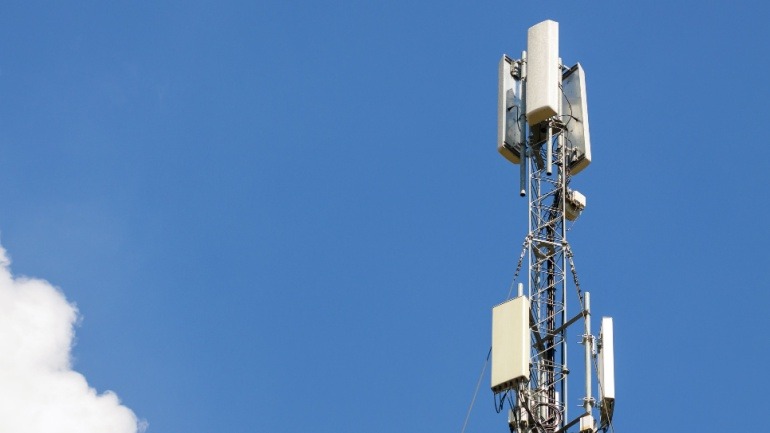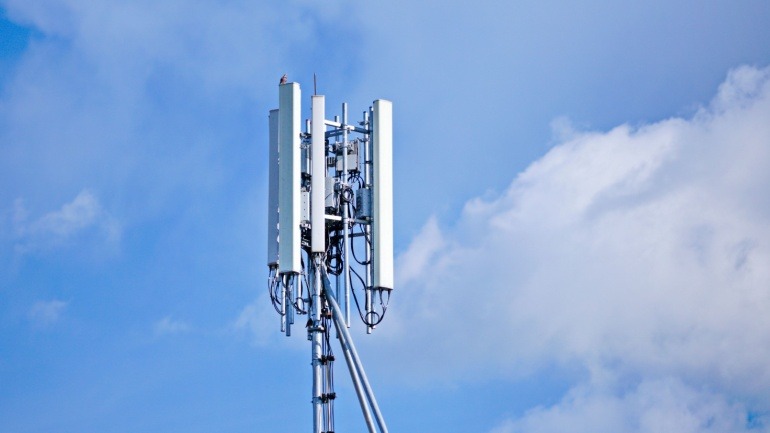Virgin Media O2 and Age UK join forces to support older people during the 3G switch off. The partnership funds digital guidance, free compatible devices and awareness sessions, ensuring vulnerable customers stay connected as services transition to 4G and 5G.
Telefónica is in talks to sell its Mexican mobile unit to Beyond ONE, aligning with its strategy to exit Latin America. This sale could strengthen Beyond ONE’s presence, but regulatory challenges in Mexico might delay the process.
Hong Kong is subsidizing 5G base stations in rural and remote areas to boost mobile coverage and promote smart tourism. The scheme, backed by up to HK$200 million, targets isolated villages and country parks, aiming for 98 percent coverage on major hiking trails.
Vodafone and Airbus have teamed up to deliver a powerful communication service for frontline and mission-critical workers. Combining secure cloud tech with reliable mobile networks, the service enhances safety and collaboration in demanding environments.
SK Telecom’s AI ventures are growing steadily, with notable gains in data center and enterprise services. However, a major data breach has shaken its core mobile business, threatening customer trust and retention. With AI contributing only a small share of revenue, SKT must act fast to recover stability and reassure users.
Nokia and Zain KSA have teamed up to revolutionize indoor mobile connectivity in Saudi Arabia by introducing the first 4G/5G Femtocell solution in the region. This partnership aims to improve indoor network coverage for enterprises, ensuring seamless and efficient communication.
Vodacom and Orange have launched a joint venture in the Democratic Republic of Congo, focused on improving mobile network coverage through solar-powered base stations. This initiative targets expanding connectivity for underserved regions and enhancing mobile and financial services.
Telstra and Starlink are pioneering Satellite-to-Mobile text messaging in Australia. Through leveraging satellite technology, this partnership aims to address mobile coverage limitations in remote areas.
SoftBank and Intelsat have launched an innovative hybrid network for seamless 5G connectivity, integrating mobile and satellite technologies. This groundbreaking initiative aims for uninterrupted global communication, supporting applications like connected vehicles and disaster response.
China’s Ministry of Industry and Information Technology is propelling the mobile Internet of Things (IoT) sector with a robust plan to enhance supply chains, foster innovation, and boost industrial value. This strategy targets intelligent vehicles, healthcare, and smart homes, aiming to achieve 3.6 billion mobile IoT connections by 2027.













